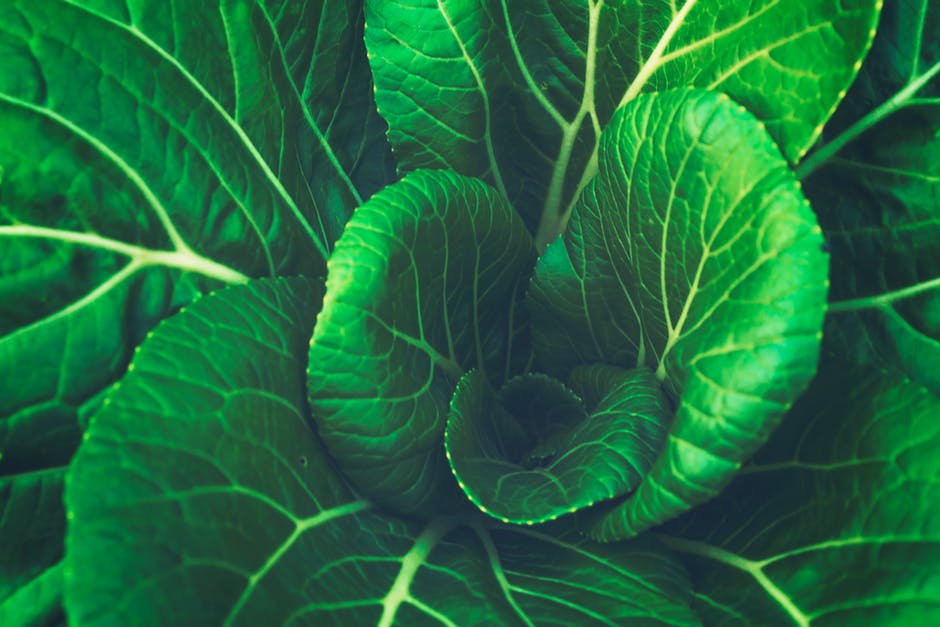|
Vitamin E is the next fat-soluble vitamin highlighted on our educational journey though fat soluble vitamins. Vitamin E is a light yellow oil that is actually 2 families of antioxidant compounds: the tocopherols and tocotrienols, both naturally occurring in nature.
4 TOCOPHEROLS
Vitamin E protects other fat-soluble vitamins from destruction by oxygen and aids in the utilization of vitamin A. It also protects LDL from oxidation as oxidized LDL has been linked to the development of cardiovascular disease. It is also known to inhibit blood platelet aggression otherwise known as clotting and has other functions related to the activity of the immune system. It is essential for life and north Americans typically do not get enough. It is hard to get enough of this nutrient from our food alone so supplementation is recommended under the supervision of a healthcare provider. The most common dietary form if vitamin E is GAMMA-TOCOPHEROL but this form is not taken up by the body in any quantity because the liver selectively incorporates ALPHA-TOCOHEROL into the blood lipoproteins for delivery to the tissues. 10 times more ALPHA-TOCOPHEROL is found in the blood than any other form. GAMMA form may have some unique benefits in suppressing colon cancer according to animal studies. Symptoms of deficiency include:
Food sources of Vitamin E:
Raw, cold pressed FLAXSEED (LINSEED) is also an excellent source of Vitamin E. Like most vitamins, vitamin E works synergistically with zinc and proper balance is required for absorption. Vitamin E that has oxidized a free radical can be revitalized by vitamin C and enabled to battle additional free radicals according to Lester Packer Ph.D researcher and professor of molecular and cell biology at the university of California- Berkley. Adding vitamin E to fats and oils prevents it from becoming rancid. The oxidation of fats is the key factor in the calcification of the artery walls. NOTE: if you take iron supplements be sure to take vitamin E at different times of the day. Inorganic forms of iron such as ferrous sulfate, destroy vitamin E. Organic iron in the form of ferrous gluconate or ferrous fumarate leaves vitamin E intact. If you are taking any anticoagulant medications, DO NOT take more than 200 IU of vitamin E daily. If you suffer from diabetes, rheumatic heart disease, or an overactive thyroid, DO NOT take more than the recommended does. If you have high blood pressure, start with small amounts and increase slowly to the desired amount. *And never take supplementation without the guidance of a healthcare professional. Supplements are not all created equal and must be used with these. This is for information only. These statements are not meant to diagnose, treat or cure any illness.
0 Comments
Leave a Reply. |
AuthorI'm Elizabeth and I love cooking! When my son was faced with many different food allergies, cooking became very challenging. Now I like to educate people about what they are putting in their mouth as well as inspire others that cooking healthy allergen friendly foods are easy and delicious. For recipes, visit my Instagram account @holisticmommabear Archives
March 2020
Categories |

 RSS Feed
RSS Feed